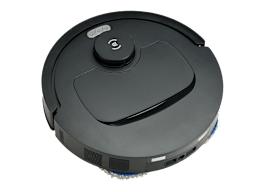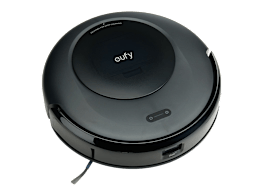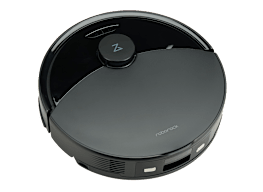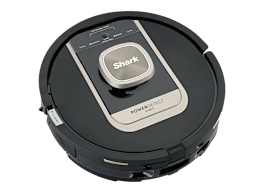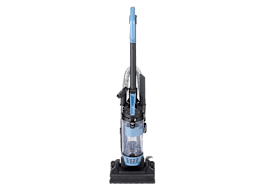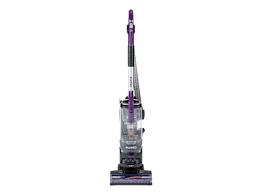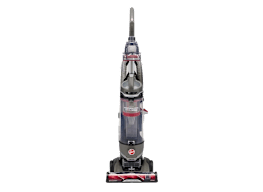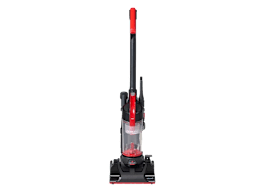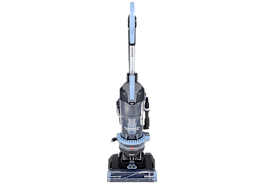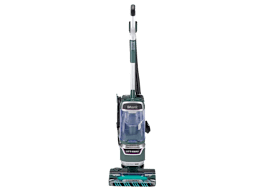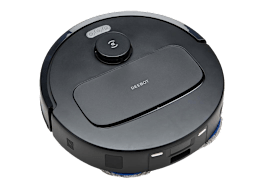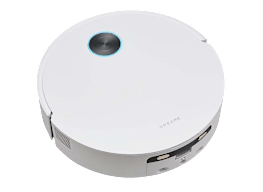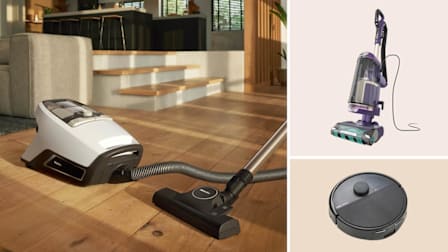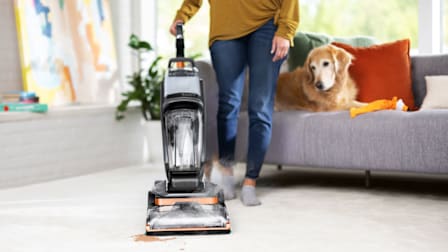Quietest Vacuums of 2026, Lab-Tested and Reviewed
CR uses sound meters to measure the noise levels of stick vacuums, canisters, handhelds, robot vacuums, and traditional upright models
When you shop through retailer links on our site, we may earn affiliate commissions. 100% of the fees we collect are used to support our nonprofit mission. Learn more.
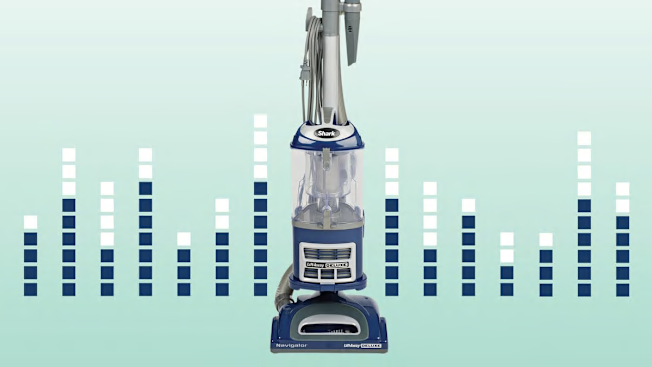
“Quiet” is not a word typically associated with vacuum cleaners. “Annoyingly loud” is probably closer to the truth. In our vacuum lab, we’ve encountered some models that produce quite a racket, especially when running at full power. But after testing hundreds of vacuums, we’ve also found models that are quieter.
Although a loud vacuum can be irritating to your housemates and disruptive to pets, the noise produced by a typical vacuum (about 70 decibels) isn’t enough to damage your hearing, particularly because you probably don’t run it for longer than an hour or so at a time.
Quietest Upright Vacuums
Upright vacuums clean carpets quickly and thoroughly. But they’re generally not as good as canister vacuums when it comes to cleaning bare floors. Here are three of the quietest uprights that delivered solid all-around performance in our tests. All three are bagless models, and all are made by Shark.
Quietest Canister Vacuums
Canister vacuums are a good choice if you have stairs in your home because you can hold the hose in one hand and the vacuum’s body in the other. Canister vacuums also typically offer powerful suction, which means they excel when you’re using the tools. Here are two of the quietest canister vacuums we’ve tested (one bagged and one bagless), with strong scores overall.
Quietest Stick Vacuums
Stick vacuums tend to be quieter than full-sized models, and their relatively compact size makes them a great option if you have limited storage space. But a stick vac might not be the appliance you want for deep cleaning. Here are three of the quietest stick vacs (all cordless) that also perform well in our tests overall.
Quietest Robotic Vacuums
Most robotic vacuums work relatively quietly but don’t always pick up everything in early passes. One advantage of a robovac is that you can program it to run when no one is home, in which case noise might not be a concern. If you do want to run it while you’re home, here are two of the quietest robovacs from our tests, with strong performance overall.
Quietest Handheld Vacuums
Handheld vacuums are useful for light, quick surface cleaning, especially in hard-to-reach spots. Many are easy to handle and versatile, ready to help you clean your car as well as spot-clean around your home. But they lack the power and capacity of full-sized vacuums. Here are some of the quietest handheld vacs in our tests, with strong performance marks in other key areas.
How CR Tests Vacuums
In our lab, CR’s engineers put vacuum cleaners through a set of tough tests to evaluate how well a model picks up dirt, how much debris it retains, how easy it is to maneuver, and how noisy it is.
We embed sand and pet hair into carpets to see how effective the appliance is at picking them up. We use the same type of litter on bare floors to observe whether the vacuum picks it up or scatters it about. And we maneuver the vacuum around a floor, just like you would, to judge how easy it is to operate.
For battery-powered vacuums, such as cordless stick vacs, handheld vacs, and robotic vacs, we test the run time of each model. To test noise, we use a decibel meter to record how loud they get and compare the results with other vacuums.
For more details on how we test vacuums, you can take a peek at our vacuum lab.

